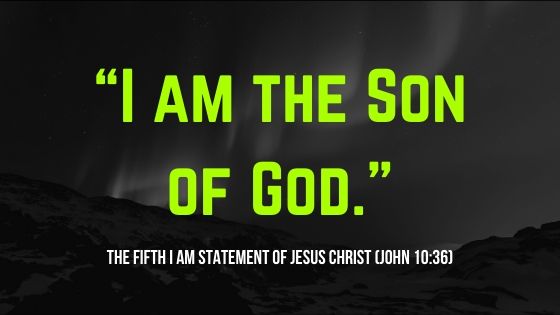Jesus Christ is the Son of the Living God
To be a Christian means you do not only believe that Jesus Christ is the Son of the living God but that He is also God. Unfortunately, many people today who claim to be Christians believe that Jesus is nothing but human. They say Jesus was one of the prophets, or that He was a … Read more



